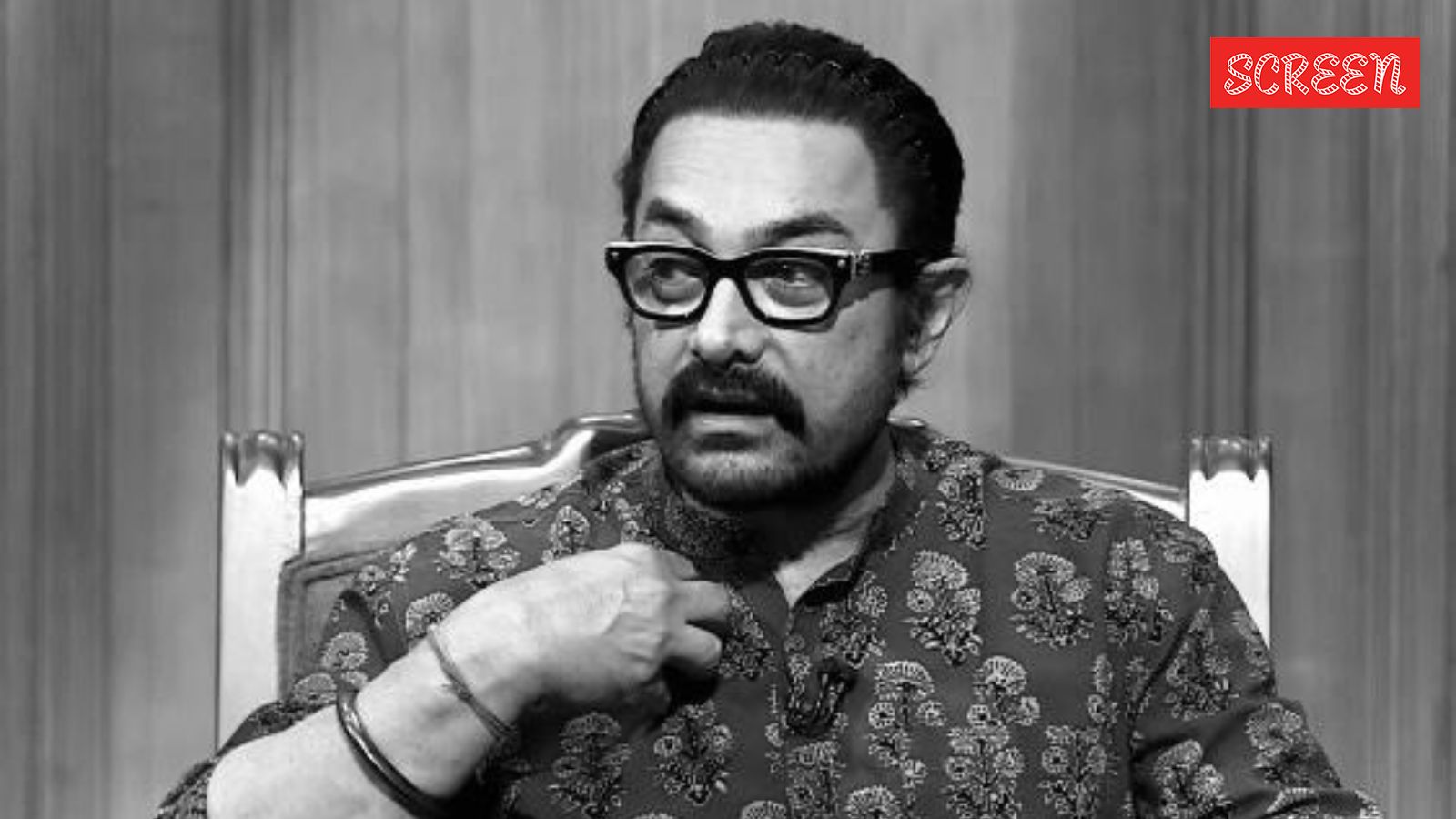What does it mean to be a superstar in this country? The question is not that complex as its answer lies within reach. But to ask what it means to be a Muslim superstar, is to step into more uncertain ground. An arena that is subtle, shifting, and deeply textured. It is not a matter of stark contrast, not a truth wrapped in white or black. It resides somewhere in the gray, the in-between, where meaning evades simplicity. For those who insist that fame transcends identity, that a superstar is untouched by faith, name, or lineage, the evidence is not hard to find, but harder to reconcile. Take the recent episode of Aap Ki Adalat, where Aamir Khan arrived ostensibly to speak about his new film Sitaare Zameen Par. And yet, the subtext was clear: he was not there to promote a story, but to defend one — his own. He was there not as an artiste, but as a citizen. As if his belonging needed reiteration. As if patriotism were not his right, but a question he must answer.
Just two minutes into the episode, the host, turns the conversation toward Aamir Khan’s loyalty to the nation. And for the next 30 minutes, Khan is made to justify himself. As if acceptance must be earned, not lived — he explains, he recounts, he defends. It is not enough to be a citizen; he must account for it, line by line. At one point, he is asked whether his income has ever come from a foreign country, as if his decades-long presence in the national consciousness could still be doubted. At another moment, he explains why he gave Muslim names to children born of Hindu mothers. On and on it goes. And yet the tone of the show remains deceptively light-hearted. Khan responds with grace, even good humour. But anyone watching closely can see it. Behind the measured enthusiasm is fatigue. Behind the smiles, something restless.
Just observe, if one is willing, the nature of the questions directed at him. Why did he not speak after the Pahalgam attack? Why does he not name Pakistan more often, more forcefully, more condemningly? What were his reasons for aligning, even momentarily, with Turkey? Why is he held in such regard by audiences in China? What are his views on marriages that cross faiths? And why, above all, have some of his films unsettled the sensibilities of the majority? They are questions that seem less concerned with understanding than with establishing something, something already presumed, already half-decided. And what stands out is not merely their content, but their weight, their repetition. These are not questions commonly posed to those who legislate or rule. The ones who wield real power are rarely asked to account in such granular, personal terms.
Story continues below this ad
So what does it really reveal? The media indeed is not just complicit, but shallow. It will not question the architecture of silence built around power. It will not look directly at the dismantling of the plural imagination. But they will indict an actor for portraying a fictional character in a progressive film for hurting the majoritarian views. But beyond the surface spectacle, what does this moment reveal, at a deeper, more human level? One could argue, perhaps cynically, that this is less about offense and more about optics. A carefully staged act of image cleansing to make him appear on national television and clarify all the doubts surrounding him for the last few years. After all, his last film suffered from similar intolerance parading as patriotism, and this time, the stakes might be too high to ignore.
So, more than anything, it reveals the strange nature of fandom today. More intimately, it lays bare a deeper, more uneasy truth about the evolving, often troubling dynamic between fandom and stardom. Fans no longer stop at admiration; they seek agreement. They ask not just for stories, but for allegiance. They map their own politics onto the people they follow and expect them to comply. They contain their idols within the bounds of their own fears, and when those boundaries are crossed, they read it as betrayal. No wonder, then in the show, an audience member rises to ask Aamir Khan how he felt about Operation Sindoor. And no wonder, too, that the answer barely matters. Because the question itself isn’t really about any military operation, it’s about reaffirming a gaze of doubt. A gaze that demands performance not just on screen, but off it. A gaze that insists on proof.
And it is not his burden alone. Whether it is him, or Shah Rukh Khan, or Salman Khan, each of them has been caught in the same cycle of suspicion, again and again. As film scholar Richard Dyer once wrote, a star image is never whole; it is always contradictory. It is built through tension, through fragments pulled in different directions. And in that tension, different groups of fans struggle to decide where their star truly stands. So perhaps the better question is not what it means to be a star in this country, but what it means to be a fan. The answer is both plain and deeply tangled. It is the expectation of performance, everywhere. Because in today’s time, subservience has become a condition of storytelling.

